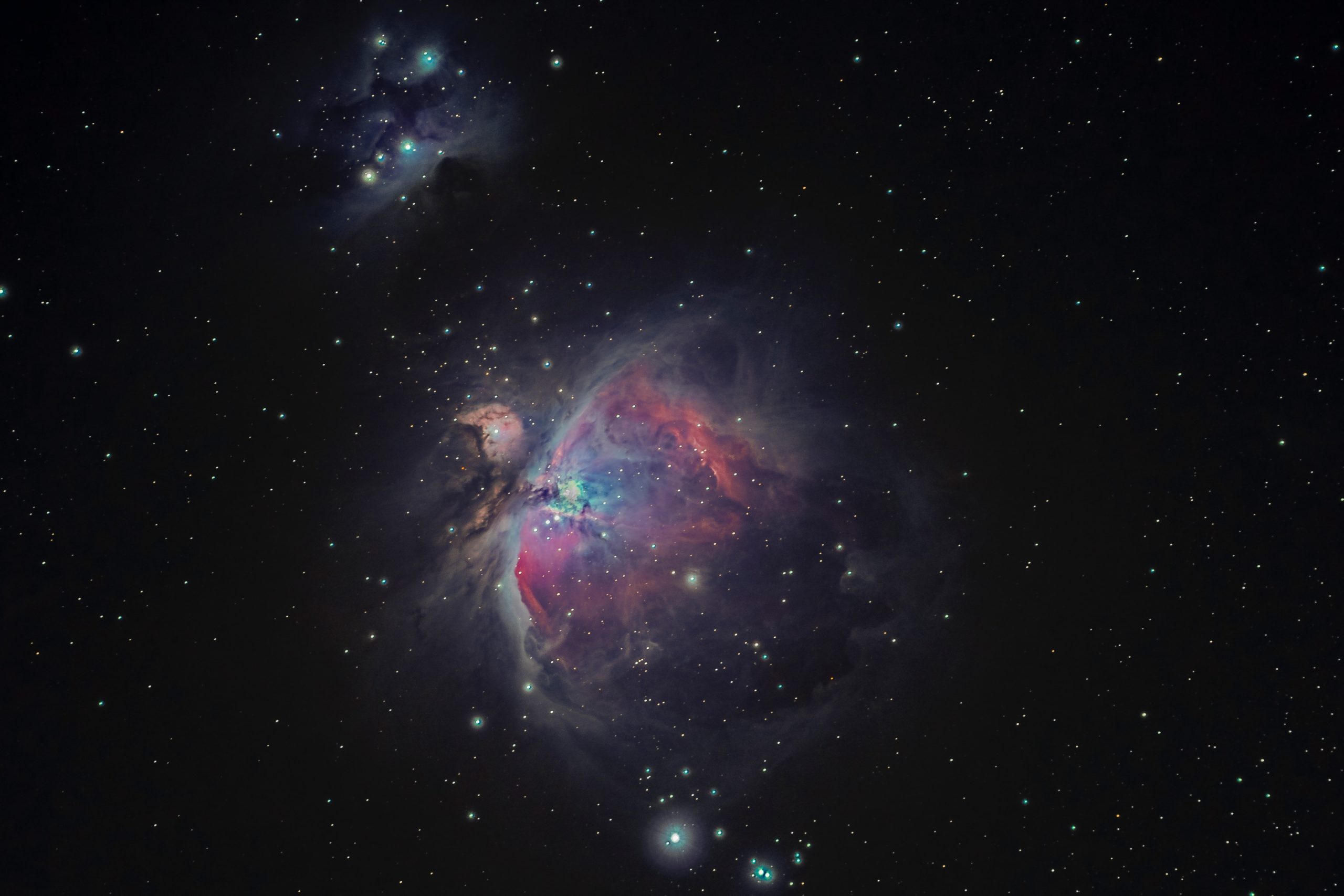“Nothing in biology makes sense except in the light of evolution.” This assertion was made in a petition calling for the removal of creationism from the Welsh curriculum signed by leading scientists, secularists and some ministers. Embedded within it is the idea that believing in a God who brought the world into existence gives way to ignorance and wishful thinking. There is a suggestion that you can’t arrive at this conclusion in a scientific manner. Newsflash: you can. As believers, we needn’t take a leap of faith and hope for the best when it comes to God’s existence explaining the origins of the world. There’s no need to wave our white flags to evolutionary theories. Take heart, Christian, you can use the same scientific tools of reason and logic to prove God’s existence to both yourself and sceptics.
The Shortcomings of Macro-Evolution
At times it feels as though evolution (specifically macroevolution) is inscrutable when called it into question. Well, it’s not even that, it’s inadequate in explaining the origins of life on earth. Macroevolution concerns large scale biological changes. Darwinists believe that all life is genetically related and we are all descendants of a common ancestor. This would require there to have been a single-celled organism which evolved over time, eventually possessing enough genetic information needed for a human being.

In his book Darwin on Trial, Philip E. Johnson launched a shattering critique on evolutionary theories, quoting many theorists themselves. Johnson mentions:
- The limited range of genetic variation in each living thing. This seriously restricts the amount of variation that can be produced, posing problems for the extent of variation claimed to have taken place by many Darwinists.[1]
- The vastness of mutations required to produce complex organs such as a human eye or a bird’s wing could not have occurred in small mutations accumulating over thousands of generations because the individual parts of the organs are useless unless the whole organ is functioning.[2]
- The fossil records also undermine the credibility of macroevolution.[3]
Kofahl and Segraves calculated that the probability of life arising spontaneously (as affirmed in the idea that the single-celled organism developed overtime) to cover the whole earth is 1.2 x 10 -11 – a one in 80 billion chance.[4]
Attributing the complexities of biology to spontaneous generation is less rational than believing it is the work of a designer who brought the world into existence and sustains the precise conditions to prevent its destruction, thus preserving human life. We call this Designer, God.
Does God Exist?
St. Augustine of Hippo examined God’s existence by setting out four theoretical options for reality as we encounter it:
Reality as we encounter it is
- an illusion
- self-created
- self-existent
- created ultimately by something else which is self-existent

Reality is not an illusion, ruling out option one. Self-creation is false by definition. For something to create itself, to be its own creator and to be an effect that is its own cause, it must have existed before it existed. This violates the law of non-contradiction and also fails as an explanation.
This leaves the final two options: self-existence or creation by a self-existent being. There is nothing illogical with something that is self-existent and eternal – an uncaused thing.
Law of Causality
The law of causality is widely misunderstood. Though one of the greatest philosophers to ever live, John Stuart Mill erroneously defined it. According to Mill, if everything requires a cause, then God would require a cause, and whatever caused God would also require a cause. The classical (and correct) understanding of causality is that every effect must have an antecedent cause. What is an effect? – something that has been caused by something. Only things which are made have an effect.

So what does this mean for the Big Bang Theory? The Big Bang is often described as a point of singularity where all that existed was matter and energy in the universe (about 13.8 billion years ago). At some point, this point of singularity exploded, producing the matter and energy in the material universe today. However, this is implausible as revealed when we take a trip down memory lane into our CGP Physics textbooks. Newton’s First Law of Motion (inertia) states that an object will remain static or in motion, unless an external force acted/acts upon it. Moreover, the second law of thermodynamics demonstrates that everything is becoming increasingly disorganised, rendering it impossible that everything previously existed highly organised in a point of singularity. Before we ask “what caused God?”, we ought to ask “what caused the Big Bang?”
Back to the Law of Causality, only effects require a cause. This perfectly fits the mould of the Christian doctrine of creation. Unlike the universe, God is eternal and unchanging (Malachi 3:6; James 1:17), therefore not requiring a cause because He possess the power of being within Himself. This self-existent, eternal something must be personal. It must be an intelligent and personal being because unintelligible and impersonal beings cannot bring about something with the design such as the universe. This is how scripture describes God; a Being who is transcendental (in a class of His own) and immanent (personal and actively involved in sustaining the universe). This all lends itself nicely to St. Thomas Aquinas’ traditional proofs for the existence of God.
In the beginning, God created the heavens and the earth.
Genesis 1:1
God said to Moses, “I am who I am.”And he said, “Say this to the people of Israel: ‘I am has sent me to you.’”
Exodus 3:14
6 “For I the Lord do not change; therefore you, O children of Jacob, are not consumed.
Malachi 3:6

Belief in the God who created the world ex nihilio (out of nothing) is a more rational explanation for origins than any evolutionary theory. Let’s engage sceptics with this more credible explanation. But as we do so, we cannot forget to pray for them. God has as given us a general revelation of Himself through nature (Psalm 19:1-2; Romans 1:19-21) and the inner sense of God (Acts 14:14-17). It is sin which blinds people from acceptance of these truths (Romans 1:18). So we must continuously pray for unbelievers that God will open their eyes and soften their hearts to these truths, that He may save them from their sin by bringing them to believe in Him.
[1] Johnson, pp. 15–20
[2] 30. Johnson, pp. 32–44.
[3] Johnson, pp. 73–85,
[4] Kofahl and Segraves, The Creation Explanation pp. 99–100.